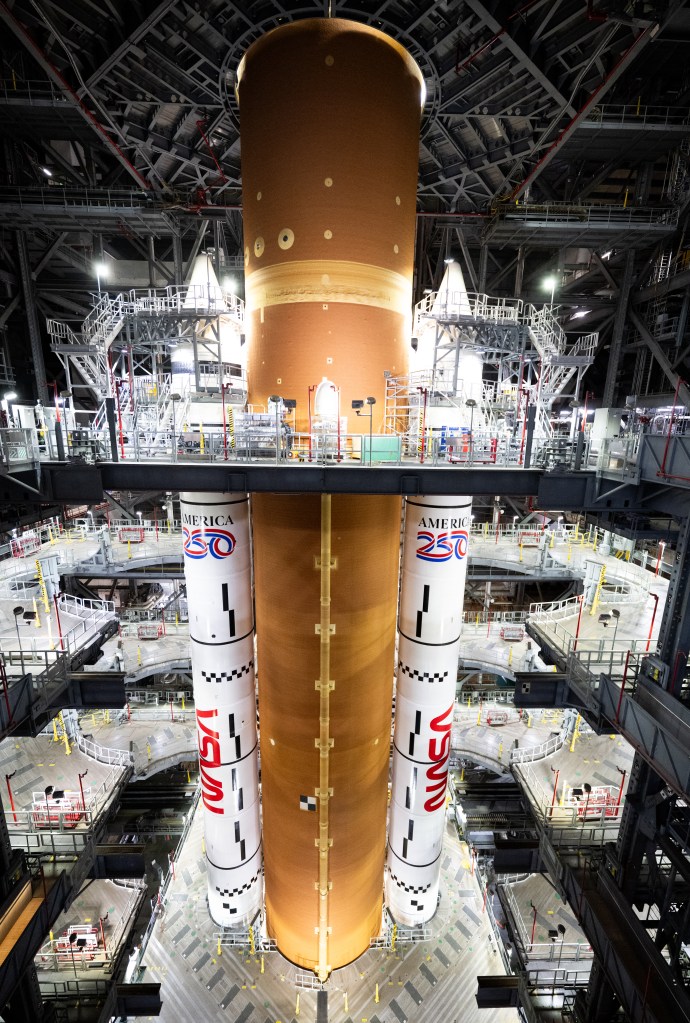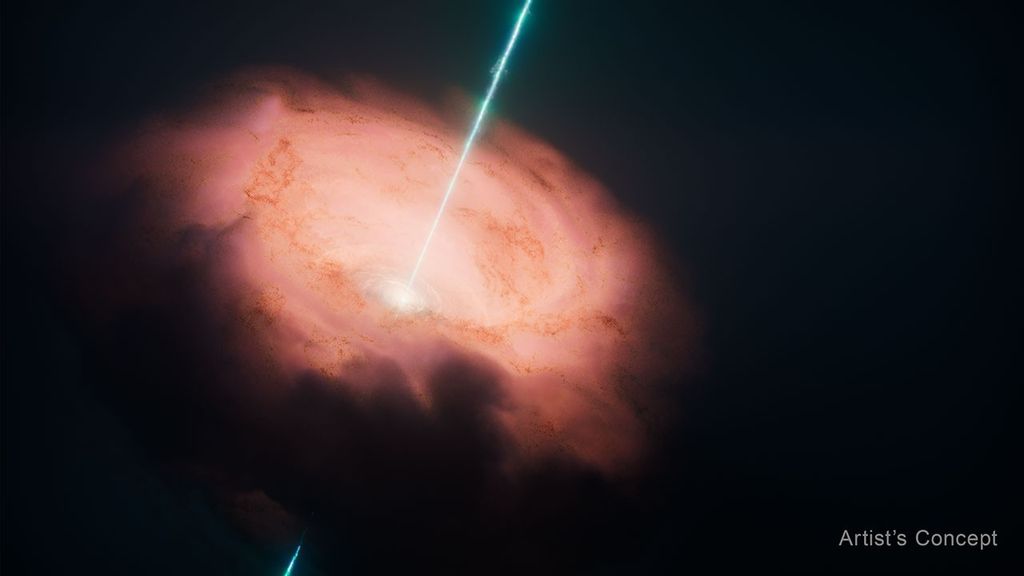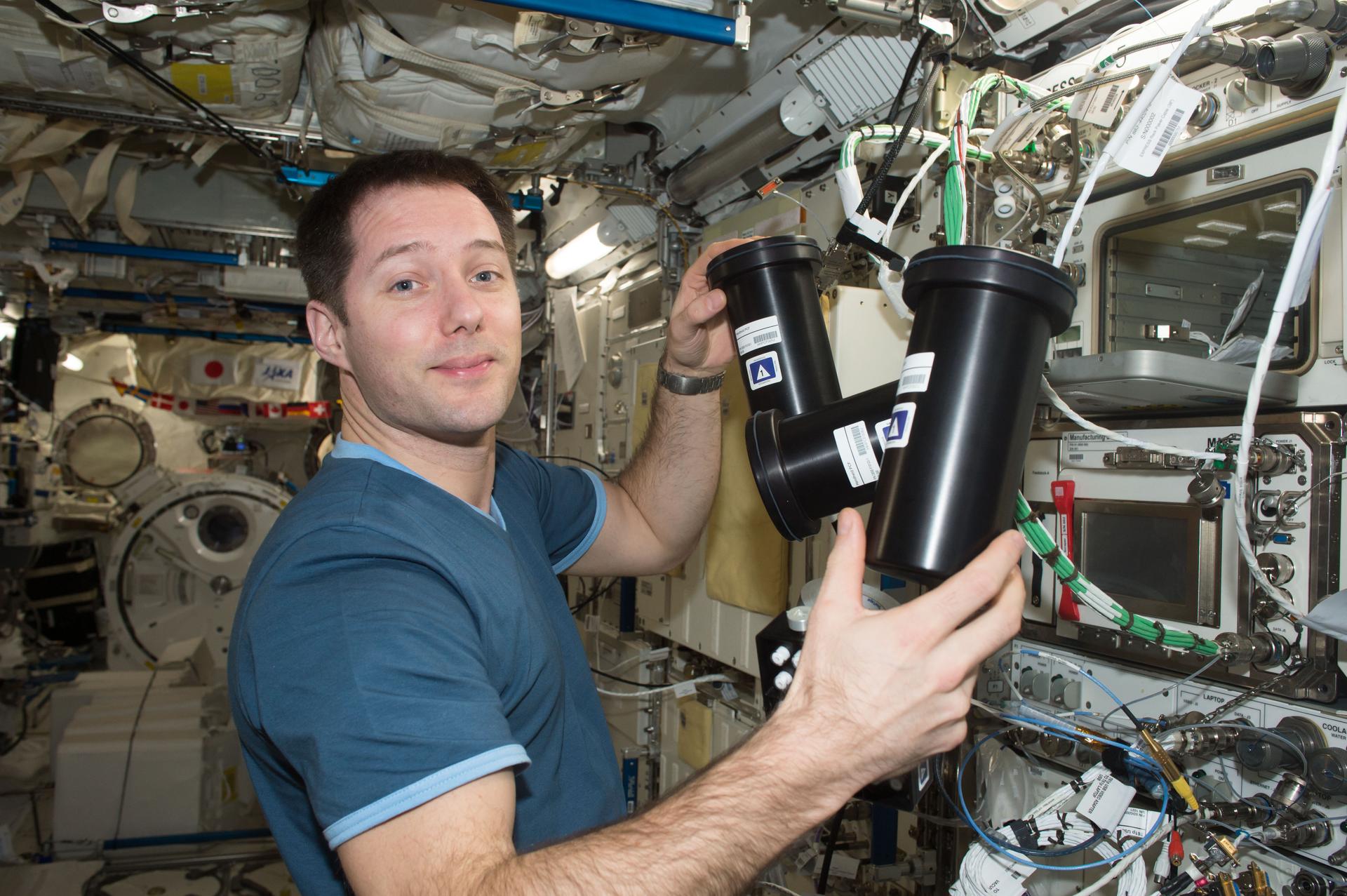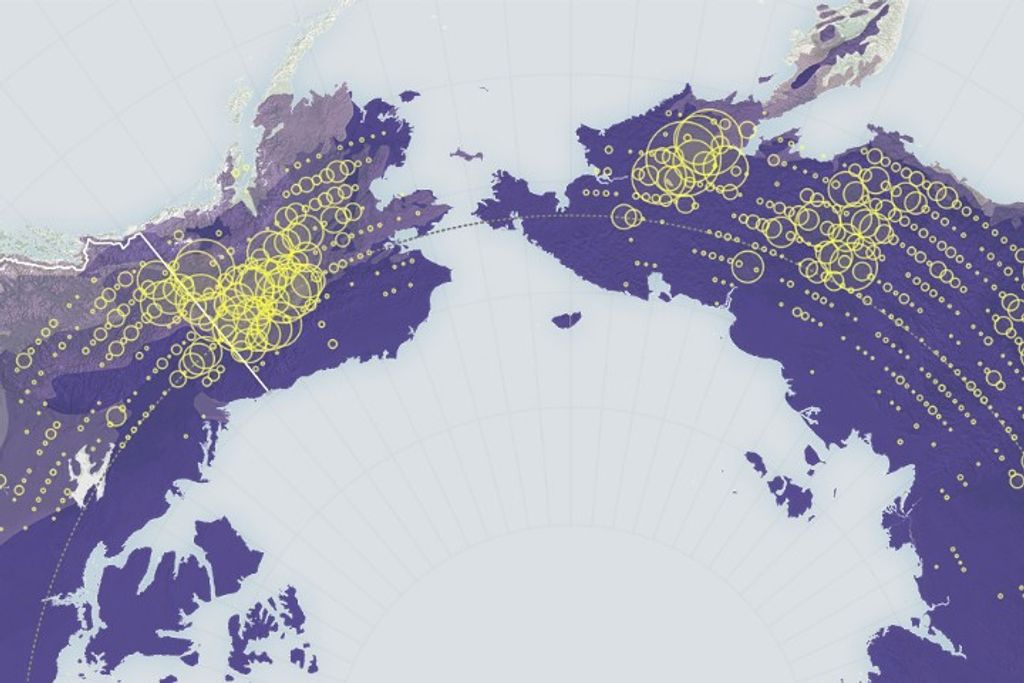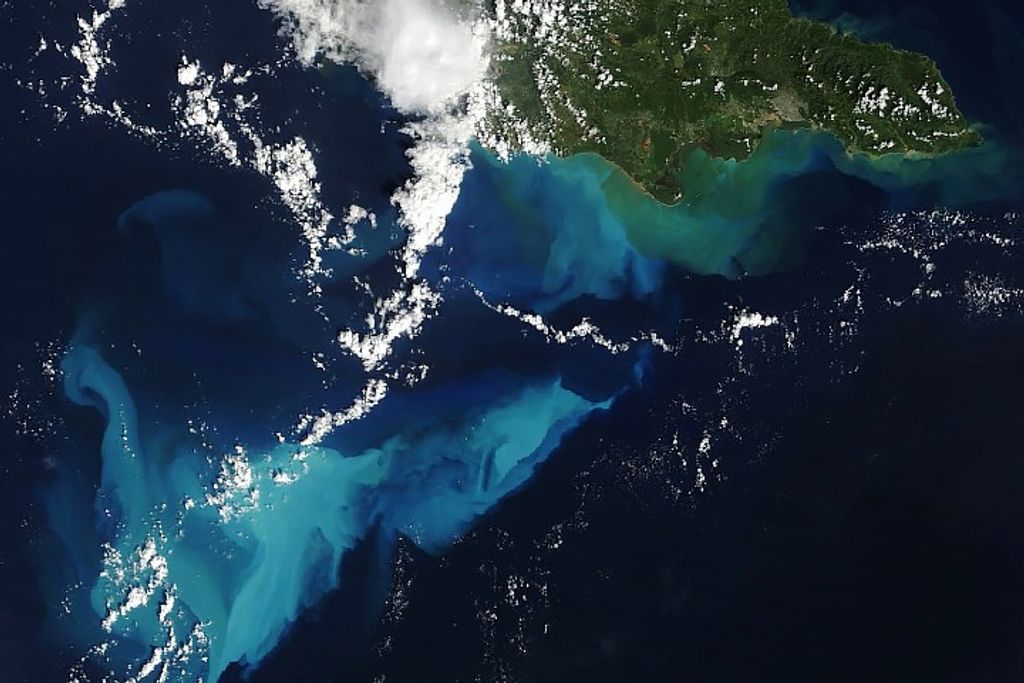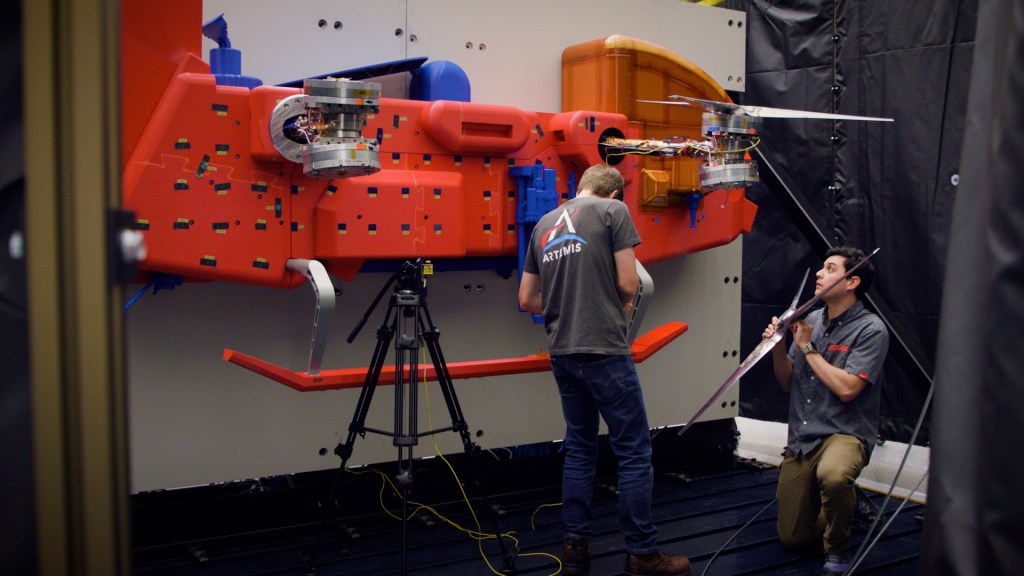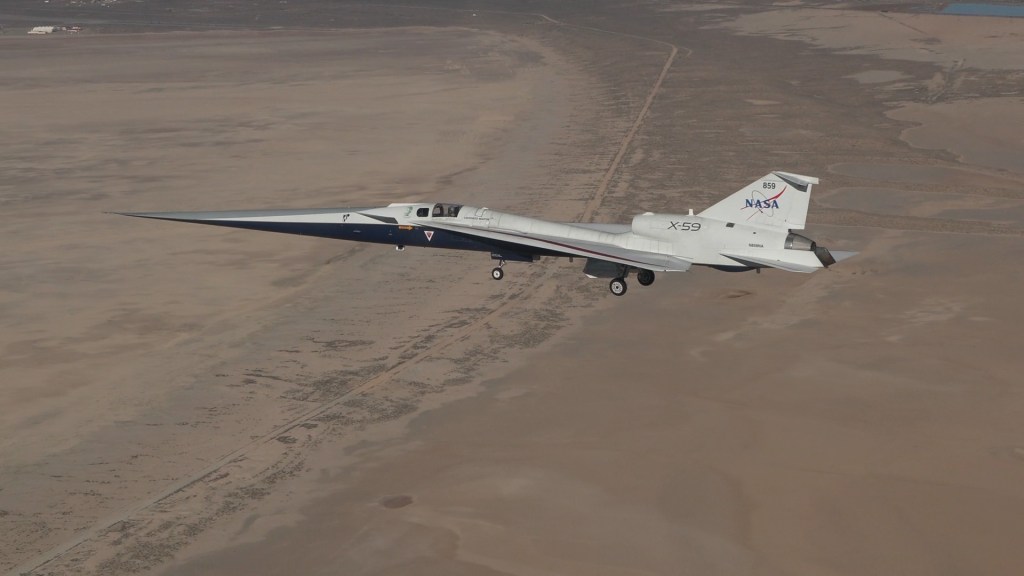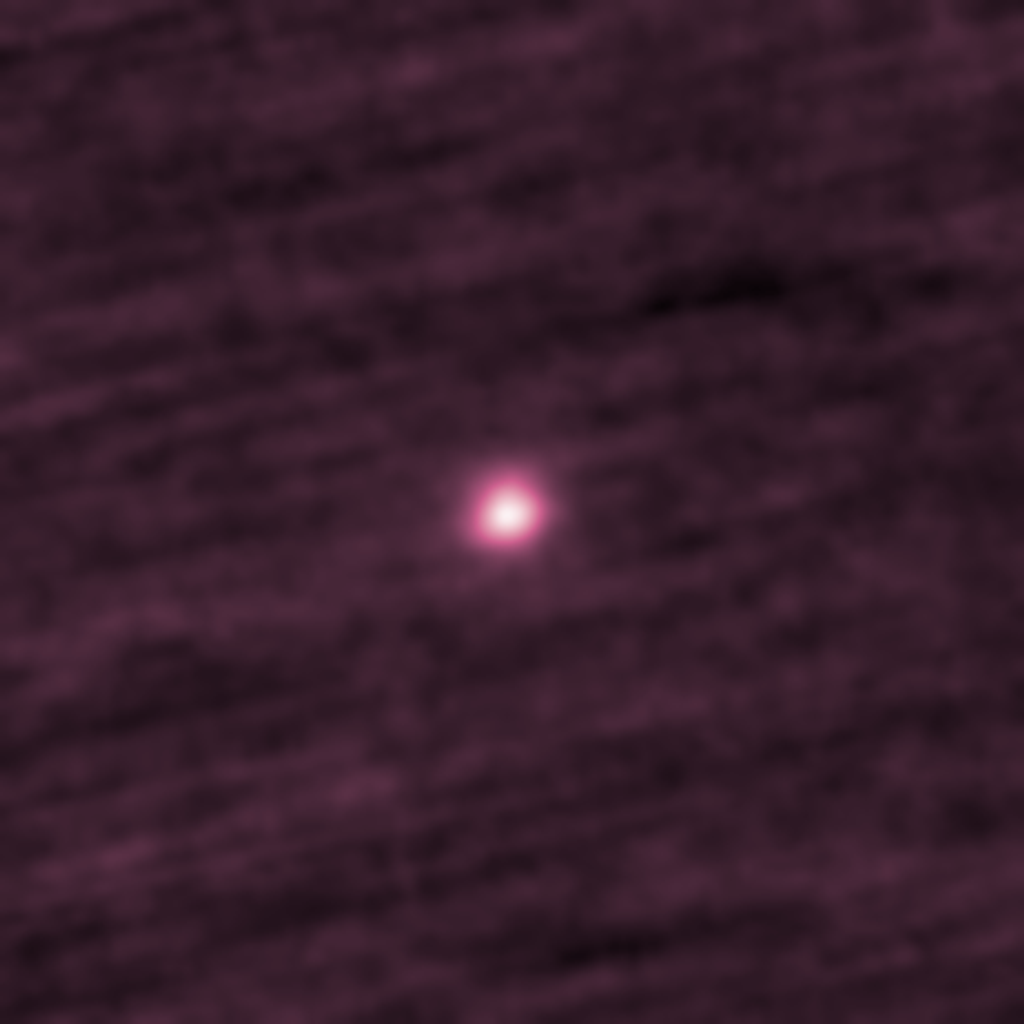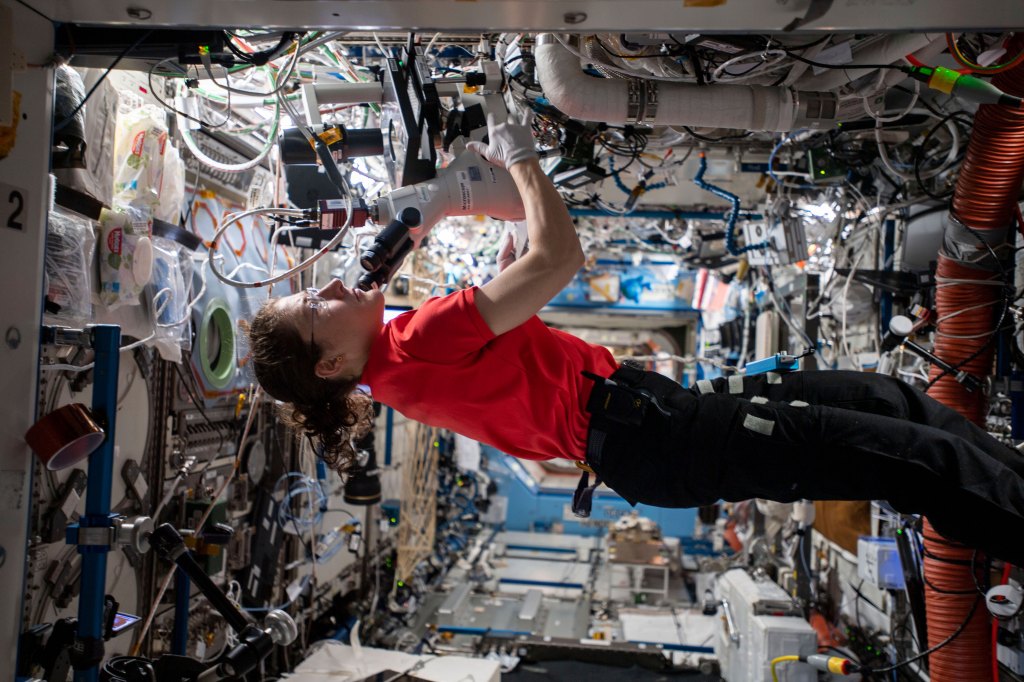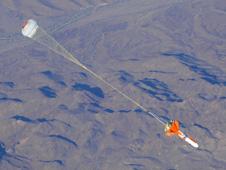
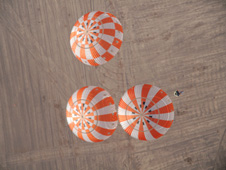
NASA today successfully conducted a drop test of the Orion crew vehicle’s entry, descent and landing parachutes high above the Arizona desert in preparation for the vehicle’s orbital flight test, Exploration Flight Test -1, in 2014. Orion will carry astronauts deeper into space than ever before, provide emergency abort capability, sustain the crew during space travel and ensure a safe re-entry and landing.
› View more images from the parachute test
A C-130 plane dropped a dart-shaped test vehicle with a simulated Orion parachute compartment from an altitude of 25,000 feet above the U.S. Army’s Yuma Proving Grounds. Orion’s drogue chutes were deployed at 20,000 feet, followed by the pilot parachutes, which then deployed the main landing parachutes. The test vehicle landed on the desert floor at a speed of almost 25 feet per second, well below the maximum designed touchdown speed of the spacecraft.
This particular drop test had two primary objectives. The first determined how the entire system would respond if one of the three main parachutes inflated too quickly, which occurs if a reefing stage, which helps the parachutes open gradually, is skipped. The second objective was to validate the drogue parachute design by testing at a high dynamic pressure that closely mimicked the environments expected for Exploration Flight Test-1. This test flight, scheduled for 2014, is designed to test a number of Orion’s systems, including the avionics, navigation and thermal protection systems and will send Orion more than 3,000 miles into space.
Since 2007, the Orion program has conducted a vigorous parachute air and ground test program and provided the chutes for NASA’s successful pad abort test in 2010. The tests improve understanding about the chutes’ technical performance for eventual human-rated certification. The next parachute test will be conducted this summer.


